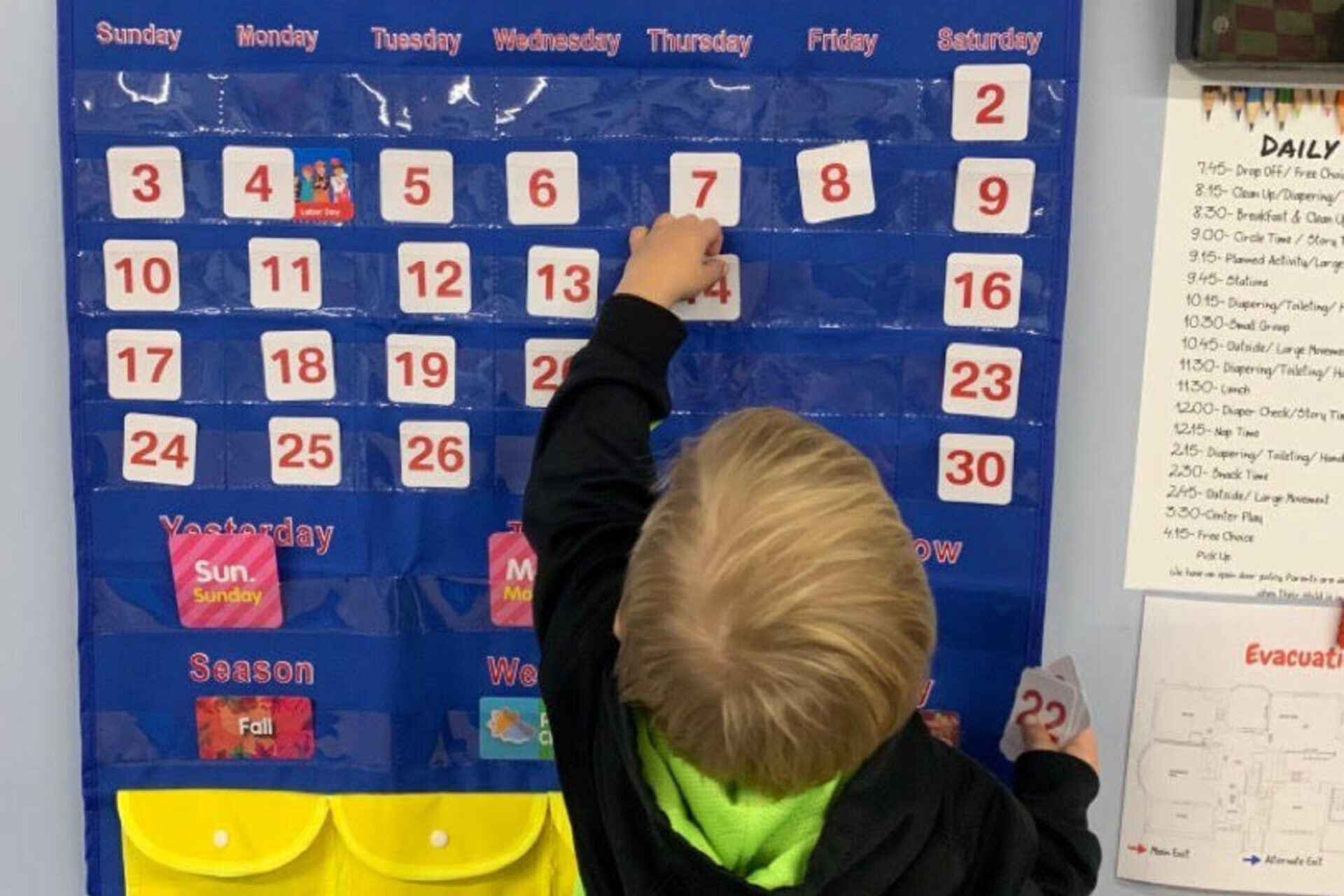
Maine’s child care providers operate on razor thin margins. When state subsidies are late and reimbursement rates are below charges, the financial loss is devastating.
Kaitie Gilmour, the owner and director of the Houlton-based Mrs. Katie’s Laugh & Learn Academy, which is licensed for 61 children between two locations, said that because roughly 60 percent of her center’s children get some sort of state subsidy, she loses $85,000 in potential annual income.
“We are a small family business licensed for 49, plus 12 at another location,” she said. “The $85,000 could make an incredible difference in our lives and ability to keep accepting an unlimited number of children on state subsidy.”
In Aroostook County, where almost 16 percent of children live in poverty, dwindling child care opportunities could force this number to grow as more local child care centers close due to financial constraints, leaving parents with few remaining options.
In an effort to curb these losses, Maine Senate President Troy Jackson, D-Allagash, recently introduced legislation, L.D. 2199, that would require the Maine Department of Health and Human Services to reimburse child care providers and accept child care subsidies based on enrollment and not attendance.
In a hearing before the Legislature’s health committee, Jackson said that this change would better reflect the cost of care and align with generally accepted pay practices within child care.
“Most for profit providers have margins of less than one percent and as a result, that loss in income can mean the difference between staying open and shutting down for good,” he said.
Many of Gilmour’s children get assistance through the state’s Child Care Affordability Program, started last year to help eligible working families afford child care. Under the current system, DHHS reimburses providers based on the child’s attendance, yet private-pay clients must pay for a complete week even when kids miss several days.
Providers accepting subsidies are not reimbursed when children are sick or have to miss a day of care. Whether they attend or not, staff must still be paid, expenses remain the same and the provider cannot fill the spot with another child.
“I lose an incredible amount of income due to CCAP not reimbursing based on enrollment as well as CCAP paying only market rate and not my actual rate,” Gilmour said.
According to Gilmore, the state also pays at a state established market rate, not actual. For example, infant care at her center is $210 per week, but the state market rate that they will pay is $185. Another state subsidy program is currently $6,000 behind in payment to her centers.
“I can’t pay staff on that,” she said.
Jackson’s bill would also direct the state to create a program to provide short-term, one-time emergency financial assistance to child care providers based on need to support short-term facility or operational costs, and to provide technical assistance to support their financial planning, capacity and stability.
During the public hearing on Tuesday, Rep. Nina Milliken, D-Blue Hill, a mother of three with two young children in childcare, called providers the economy behind the economy because they allow parents to join the workforce. She mentioned several providers that have closed, including Miss Jordyn’s Child Development Center in Caribou that cared for 100 children.
“I don’t know a single child care provider that wouldn’t be closing if it were not for their love of children,” she said. “They go through so much stress and so much emotional despair just to keep their doors open.”







